REFERENDUM ON THE LEGALISATION OF RECREATIONAL CANNABIS
Evidence shows that marijuana – which has skyrocketed in average potency over the past decades – is addictive and harmful to the human brain, especially when used by adolescents. In US states that have already legalised the drug, there has been an increase in drugged driving crashes, youth marijuana use, and costs that far outweigh tax revenues from marijuana. These states have seen a black market that continues to thrive, sustained marijuana arrest rates, and tobacco company investment in marijuana. It plays a significant role in domestic violence, crime, accidents, mental disorders and lost productivity.
The referendum proposed by the Government on the legalisation of marijuana / cannabis will therefore be a watershed moment for the health and well-being of all New Zealanders.
Legalising the drug would in effect legitimise and increase its use in New Zealand. Regulations and the educative approach have failed to prevent the abuse of alcohol in this country with all of us having to suffer its adverse consequences in road accidents, violence and anti-social behaviour.
When education and regulation fail, the legal status of the drug is the only bottom line to prevent its wholesale adoption with all of the negative consequences for us as a nation.
The SayNopeToDope Campaign is an alliance of community organisations and leaders (including ex-addicts, educators, ex-police, addiction counsellors, health professionals, lawyers, public policy researchers, Maori leaders, Pasifika leaders, educators, and community workers – plus some famous & loved sportspeople including Eroni Clarke, Wynton Rufer and David Tua!), and opposes any attempt to legalise cannabis, based on reputable science and sound principles of public health and safety.
We argue that drug use is both a criminal and a health issue. A smart arrest policy can both provide a societal stamp of disapproval and provide an opportunity to intervene and stop the progression of use. Keeping marijuana illegal through an appropriate application of the laws that cater for ‘youthful indiscretions’ and which focus predominantly on supply and dealers is as much a public safety policy as it is a public health policy. But if those with addictions commit serious offences, as does happen, the criminal law cannot simply turn a blind eye. The community still needs to be protected.
We fully support the increased provision and funding of drug counselling services, drug treatment centres and drug education programmes in schools. These should remain our preferred ‘smart’ approach to cannabis use.
This is not a ‘war on drugs’ – this is a defence of our brains and health. People should always come before profits.
Retaining it as a criminal offence sends a clear and unequivocal message that New Zealanders regard drug use as a dangerous and unacceptable form of recreation.
We urge New Zealanders to be fully informed on this debate, to think deeply on the implications, and to vote NO to legalising cannabis in the referendum.
Aaron Ironside – Spokesperson / Counsellor
Pat Buckley – Amped4Life Trust
Pat Walsh – Secondary School Principal, former head of a Principal’s Ass’n
Imraan Ali – New Zealand Muslim Association
Rev Pane Kawhia – Anglican Minister, Ruatoria
Christine Rankin – Transforming Justice Foundation
Dr Ate Moala – PACYFIC Trust
Vic Tamati – Community Worker
Mo McLeary – Drug Free Ambassadors
Dr Andreas Leinfellner – Paediatrician.
Kirk Hardy – The Drug Detection Agency
Alli Axford – Educator
Mazin Al-Salim – Working Together Group (WTG)
Sully Pa’ea – Community Worker – South Auckland
Maureen MacDonald – Drug-ARM Wellington
Wayne Mulqueen – Focus on the Family NZ
Jess McVicar – Sensible Sentencing Trust
Dave Pizzini – Ex-Police (Detective Senior Sergeant)
Bob McCoskrie – Family First NZ / World Federation Against Drugs
Darryl Wesley – Health professional
Stuart Caldwell – Get Smart (Tauranga)
Brendon Warne – Anti-P Ministries
Alan Vink – LeadershipWorx
Dale Kirk – Methcon
Stuart Lange – NZ Christian Network
Nick Tuitasi QSM – Pacific Wave
John Subritzky – Promise Keepers
Rob Nordstrom – Rubicon Alcohol & Other Drug
Gaylene Fraser – Educator
Karrin Coates – Sensible Sentencing Group Trust
Greer Keane – Te Ata Rangi Rangatahi
Glenn Dobson – International Board Member – National Drug and Alcohol Screening Association (NDASA)
Gayann Phillips – NZ Christian Network
Christina Stroud – Think Again-Risk Management in the Workplace
Ismail Waja – Working Together Group (WTG)
Bruce Couper – Ex-Police
Phil Paikea – Community Worker
Trevor Turner – Educator
Ronji Tanielu – Community Worker
Allan Va’a – Community Worker – South Auckland
Bev Adair-Beets – Youth Advocate
Piripi Rakete – Educator
Dr Kevin Sabet – SAM Smart Approaches to Marijuana (US)
Luke Niforatos – SAM Smart Approaches to Marijuana
Authorised by SAM (Smart Approaches to Marijuana) NZ, c/- 28 Davies Ave, Manukau City 2241
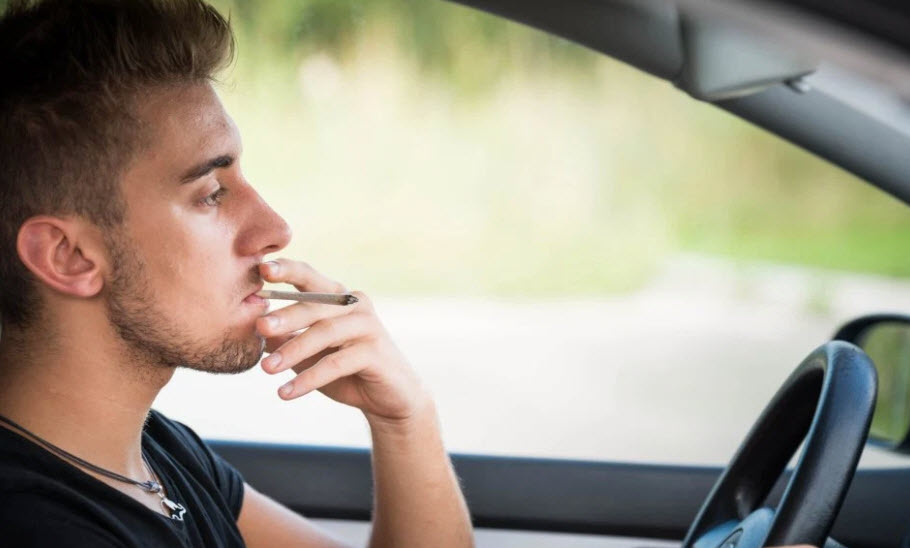



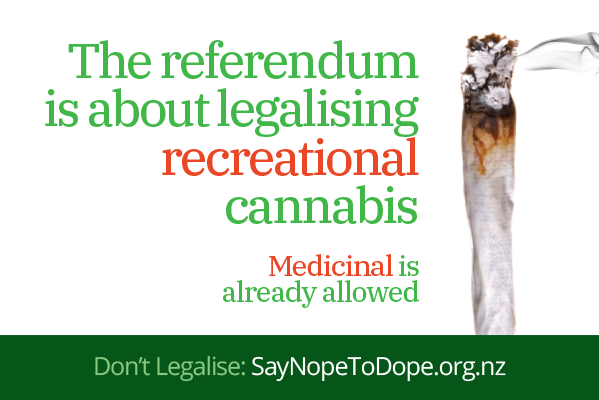
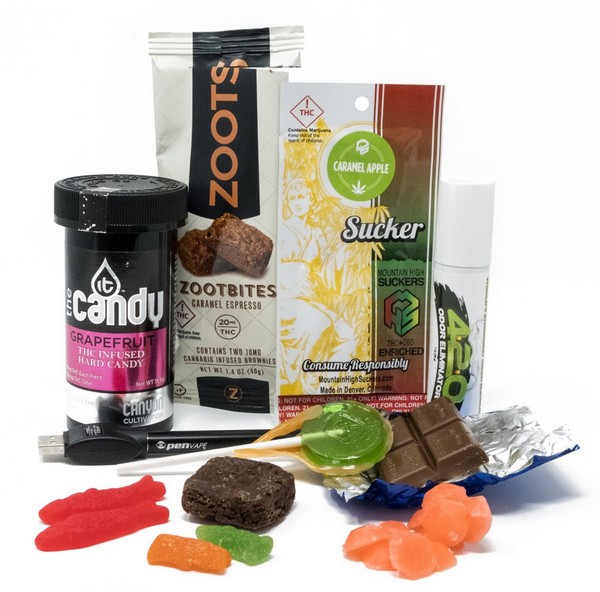
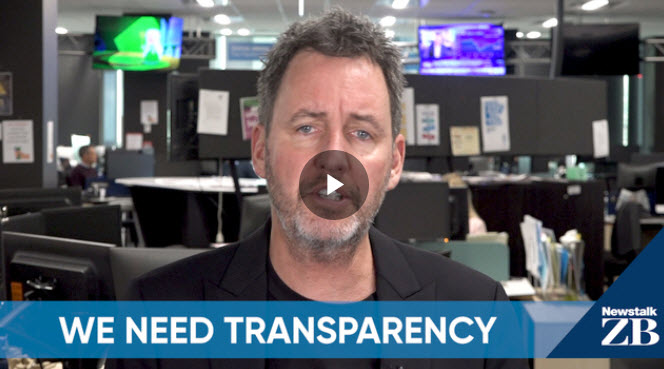

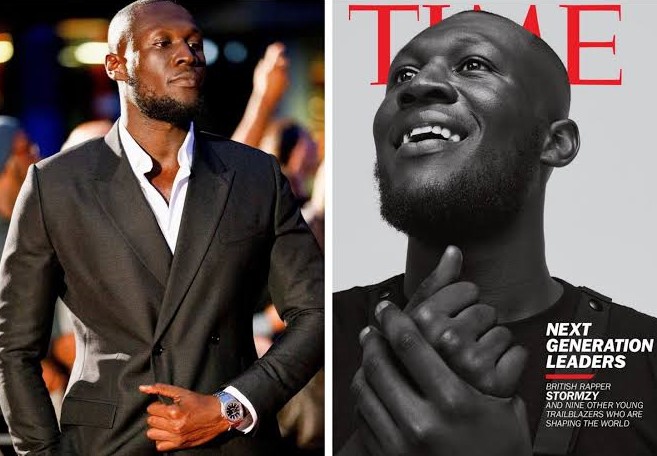

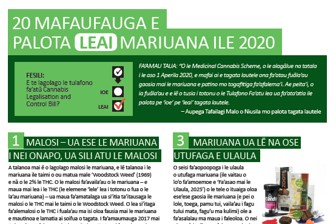
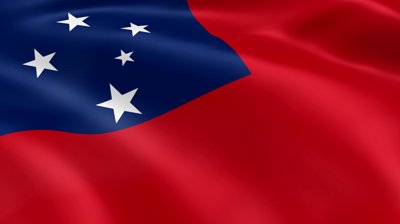
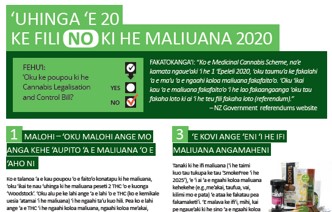
 To our Tongan supporters and friends:
To our Tongan supporters and friends: